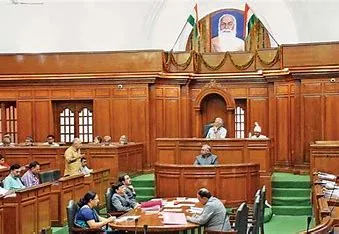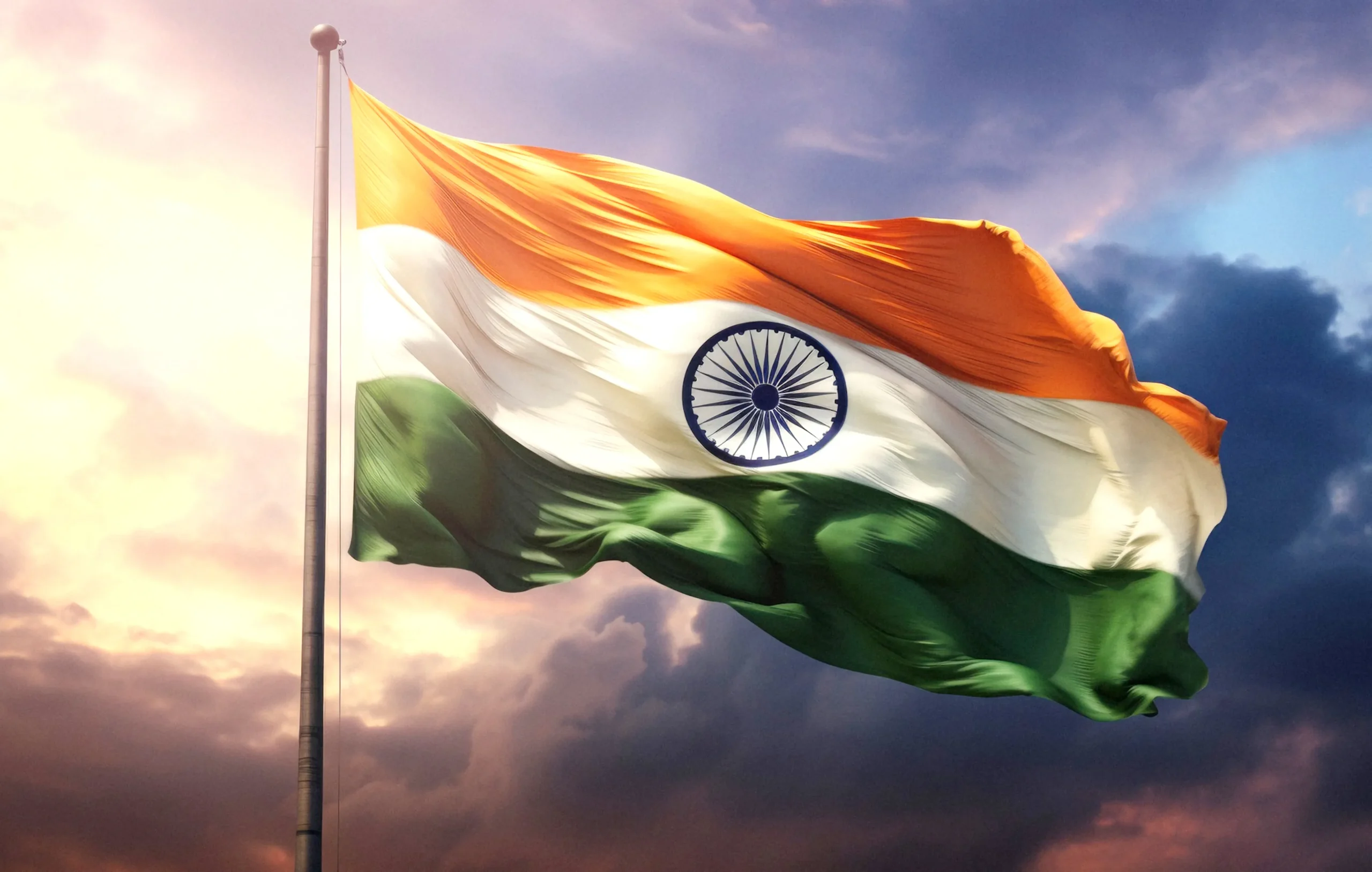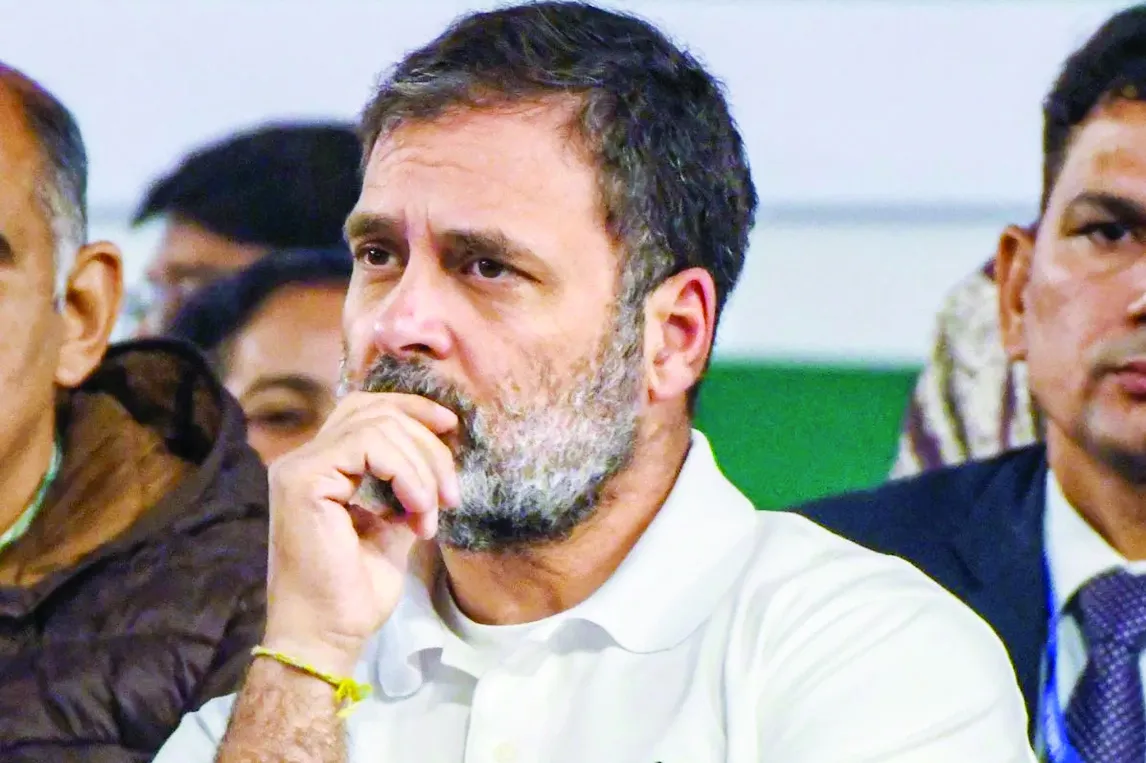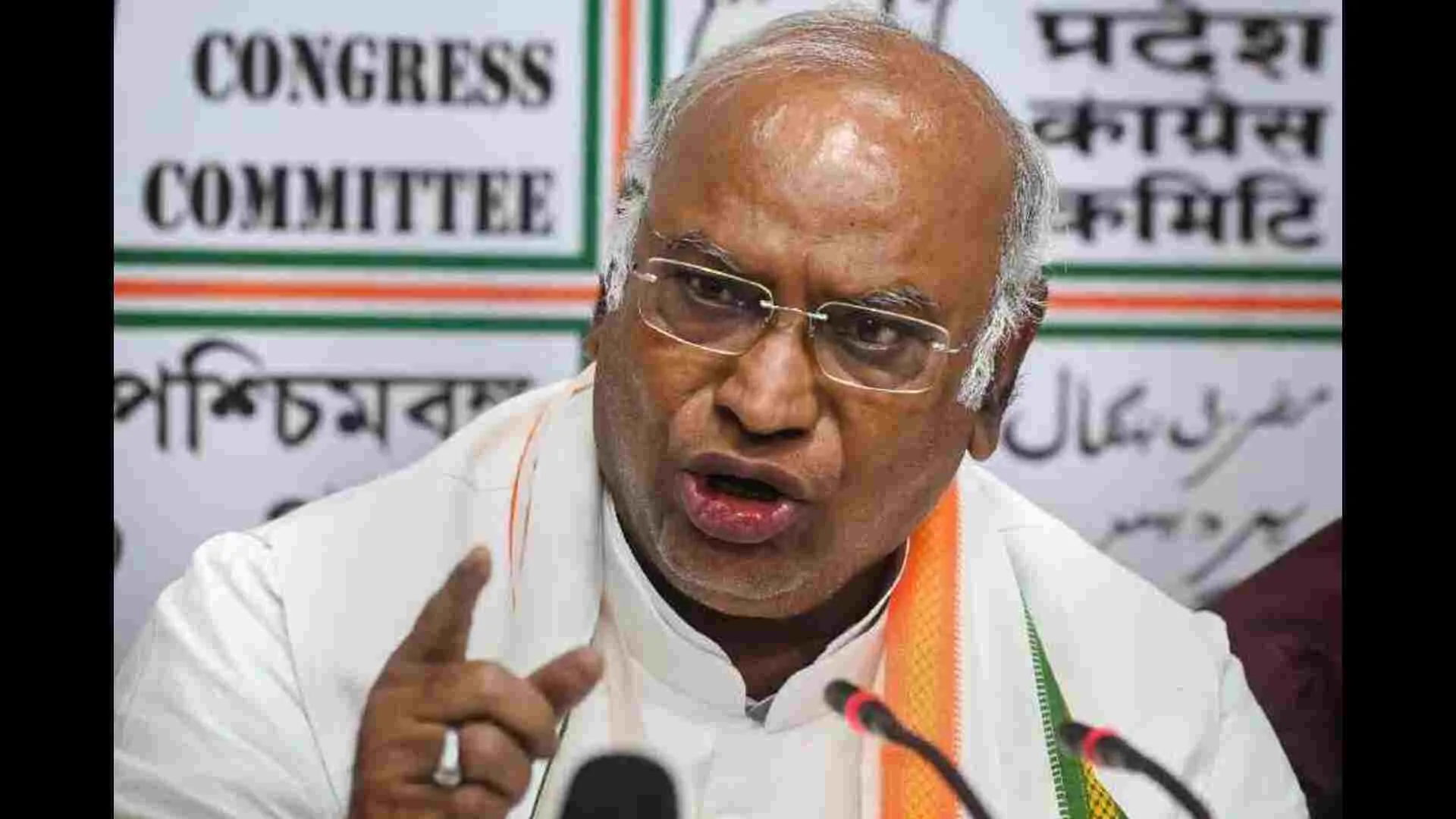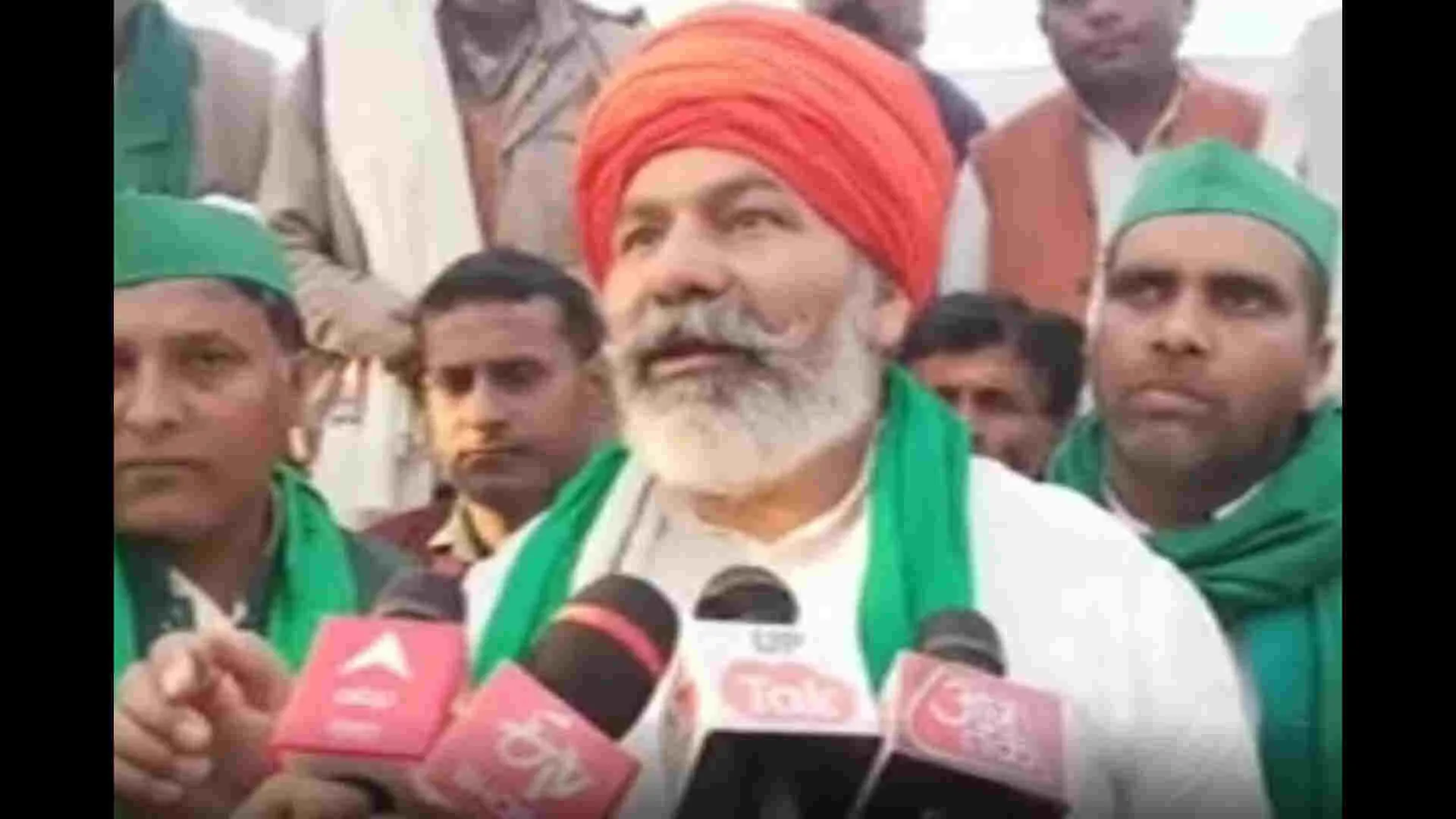Women, who make up nearly a half of India, continue to demand a gender-just code to enjoy equality and justice, irrespective of the community to which they belong. However, the ideal of Uniform Civil Code (UCC) is yet to be achieved in India. Since the Uniform Civil Code was a politically sensitive issue, the founding fathers of the Constitution arrived at a compromise by placing it under Article 44 as a Directive Principle Of State Policy.
Article 44 of the Directive Principles of the State Policy (DPSP) states that it is the duty of the State to secure Uniform Civil Code (UCC) for the citizens throughout the country. It mainly aims to replace Personal Laws based on the scriptures and customs of each major religious community in India with a common set of rules governing every citizen. “Uniform” in UCC signifies: 1. Uniformity of laws between communities; 2. Uniformity of laws within communities ensuring equalities between the rights of men and women.
It is a reality that Indian women are suffering indignities and discrimination because of some customary practices and gender bias writ large in personal laws. India’s personal laws are often discriminatory towards women, particularly in matters of marriage, divorce and inheritance. Implementing a UCC could be an opportunity to ensure that all citizens are subject to the same laws and are treated equally before the law, regardless of their gender or religious affiliation. However, Flavia Agnes in her book “Personal Laws in India: The Distortion of Equality” writes that any proposal for a UCC must focus on the concerns and needs of women from marginalised communities, who may be disproportionately affected by the implementation of a UCC.
The UCC proposal is being presented as a solution to the problem of gender inequality in India without taking into account the underlying social, economic, and political structures that perpetuate this inequality.
The UCC cannot be a magic wand that will solve all the problems of gender inequality overnight. Instead, what is needed is a comprehensive approach that addresses the root causes of gender inequality, including issues such as caste, class, patriarchy, and poverty. At the same time, the Constitution of India extends protection to religious and cultural minorities as a group, but it does not extend the same exclusive protection of fundamental rights to sexual minorities as a group. Any policy framework for a UCC must provide equal recognition to their rights as well.
The British did not think it proper to tinker with the existing Hindu and Muslim personal laws as the Lex Loci Report (1840) recommended keeping them outside codification, though it emphasised the importance of uniformity in the codification of other Indian laws relating to crime, evidence and contract. Nationalist sentiments prompt us to believe that the separation of Hindus and Muslims before the law in personal matters was part of the British policy of “divide and rule”, but this is not the whole truth.
The Constituent Assembly debates on Article 44 suggest that, barring B.R. Ambedkar, members of all religious communities in the Assembly, especially the Muslims, were against a common civil code for various reasons. This mindset of some communities explains why the agenda of the UCC has been on hold for such a long period, on the plea that it needs consensus and should not be hurried.
On the other hand, the Supreme Court has been reminding the government on a regular basis to discharge its constitutional obligation and implement the UCC. In the Sarla Mudgal case (1995), the SC pleaded for a UCC for the protection of the oppressed and the promotion of national unity and solidarity. Later, the apex court in the Lily Thomas vs Union of India case (2000) clarified that its remarks in the Sarla Mudgal case did not mean any direction to the state to enact the UCC, maintaining that it is a matter of public policy, falling exclusively in the domain of the legislature and courts cannot legislate.
After the end of British rule in India, the Indian government took steps to strengthen the legislation dealing with personal issues of the two outcast communities from the UCC—Hindus and Muslims. The B.N. Rau Committee was created which codified Hindu law in 1941. The committee was tasked with examining the necessity of common Hindu laws that go in accordance with the scriptures. Further, the committee recommended a civil code of marriage and succession for Hindus.
It is necessary to understand that personal laws are applied to a certain set of people following a particular region, belief, or faith—these are made only after due consideration of the religious customs and texts. Both Hindu and Muslim personal laws were made after verifying the source and authenticity of religious texts. For Muslims, personal laws were applied to inheritance, wills, successions, marriage, divorce, gifts, wakfs, dowry, and guardianship— all after taking references from the Quran. Personal laws were made to promote “freedom of religious practice” but several elements still do not stand relevant in modern scenarios. Take the recent case of Benazeer Heena, where a Muslim woman journalist approached the Supreme Court pleading to end the practice of “Talaq-e-Hasan”, a unilateral divorce practice that gives the husband power to divorce his wife by pronouncing “talaq” three times. It is believed that lack of political will due to fear of social and political backlash, especially from the minority community and orthodox Hindus, compelled successive Central governments to adopt a cautious approach to the UCC. It became evident in the case of Shah Bano (1985), when the government lost no time to enact the Muslim Women (Protection of Rights on Divorce) Act, 1986, to nullify the SC verdict that a Muslim husband is liable to pay maintenance to a divorced wife beyond the “Iddat” period of 90 days. It has also been observed that conservative believers of the majority faith are interested in maintaining the status quo in matters of customary and personal laws. Those opposed to the UCC justify their stand by referring to freedom of conscience and profession, practice and propagation of religion, guaranteed under Article 25 of the Constitution. It is, however, stated that secular activities are exempted from this guarantee and enacting laws on personal matters between individuals is a secular, sovereign function. It can plausibly be argued that personal laws relating to marriage, divorce, adoption, inheritance, succession etc., squarely fall within the regulatory power of the state. Moreover, in matters of civil rights, India is legally and morally obliged to follow the International Covenant on Civil and Political Rights (1966), which subscribes to equal rights for men and women in all matters of public and personal life.
The goal of a UCC should ideally be reached in a piecemeal manner through a brick-by-brick approach rather than an omnibus approach. A just code is far more important than a uniform code. There is a need to consider social adaptability of UCC while forming a blueprint for a uniform civil code. Whether a single law is framed for all religions or reforms are made to our personal laws, they should be based on gender justice and ensure that the principle of equality enshrined in our Constitution remains intact.
The bottom line is that the government and society need to build trust in order to proceed towards a Uniform Civil Society that respects human rights and promotes gender equality that holds more importance than a Uniform Civil Code.
Keshav Gaur is an Assistant Professor in Seedling School of Law and Governance, Jaipur National University, Jaipur. Dr S. Krishnan is an Associate Professor in Seedling School of Law and Governance, Jaipur National University, Jaipur.


